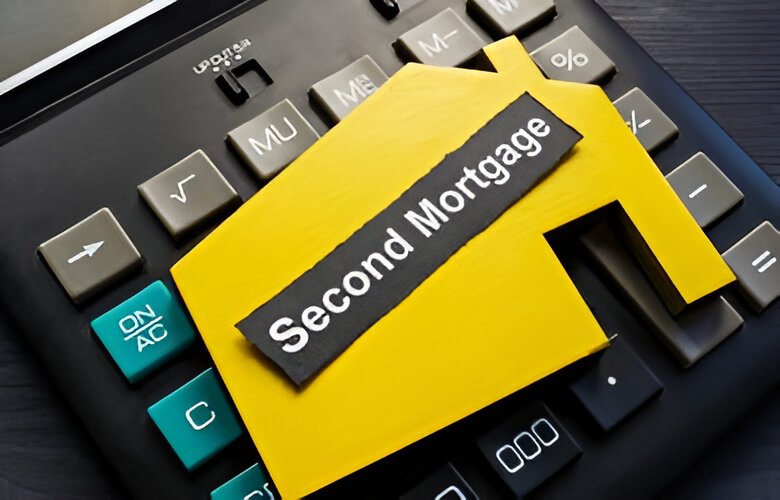A loan with real estate as security is known as a hard money loan. Hard money loans are regarded as “last resort” loans or quick bridging financing. These loans are usually provided by private persons or businesses rather than banks, and they are typically employed in real estate transactions.
How a Hard Money Loan Works
Hard money loans have conditions that are primarily determined by the value of the asset being used as security, rather than by the borrower’s creditworthiness. Hard money lenders are frequently private individuals or businesses that find value in this type of potentially dangerous undertaking as traditional lenders, such as banks, do not issue hard money loans.
Property flippers who intend to renovate and resell the real estate used as security for the financing—often within one year, if not sooner—may look into hard money loans. Given that most hard money loans are for one to three years and other benefits, the borrower intends to repay the loan relatively quickly, which compensates for the harder money loan’s higher cost.
Pros and Cons of a Hard Money Loan
Hard money loans include advantages and disadvantages in terms of the application procedure, loan-to-value (LTV) ratios, and interest rates.
Pros
In comparison to applying for a mortgage or other conventional loan through a bank, the approval process for a hard money loan is frequently substantially shorter. Because the lender is more concerned with the collateral than the applicant’s financial situation, the private investors who support the hard money loan can make choices more quickly.
Lenders don’t need to spend as much time going over a loan application to verify income and go over financial records, for instance. The process will go more smoothly if the borrower and the lender are already acquainted.
Hard loan investors are less worried about getting paid because, if the borrower defaults, there may be a better chance and value for them to resell the property.
Cons
Hard money loans typically have lower LTV ratios than standard loans because the property itself is employed as the only safeguard against default (about 50% to 75% vs. 80% for ordinary mortgages) (though it can go higher if the borrower is an experienced flipper).
Additionally, loan rates are frequently high. The interest rates for hard money loans may even be greater than those on subprime loans.
Another issue is that due to compliance requirements and regulatory scrutiny, hard loan lenders may decide not to finance an owner-occupied home.
Types Of Hard Money Loans In Canada
Hard money loans come in four basic categories: transactional, bridge, rental, and commercial. Every loan kind offers a unique set of advantages.
Transactional Hard Money Loans
Short-term loans are frequently used for transactional hard money loans, which are used to finance property purchases. Investors that want to buy, fix up, and sell a home rapidly benefit the most from using them.
The lender is taking on greater risk with this loan type than they would with a conventional loan because it is based on the property’s after-repair value. Because the borrower does not necessarily need to have a high credit score or a lot of equity in the property, they are frequently simpler to qualify for.
Bridge Hard Money Loans
Another well-liked choice for borrowers searching for quick access to cash is bridge hard money loans. Because you may complete the sale and purchase without having to wait for your present house to sell, bridge mortgage are very common.
Since the value of the property serves as the basis for these bridge financing, the lender is taking on less risk than with a transactional loan. However, because the borrower assumes more risk, these loans could have higher interest rates and costs.
Rental Hard Money Loans
It can be difficult to predict the cost of renovations when you’re just starting out as a developer. In particular, if there is a problem with code compliance, a rental loan is perfect for people who want quick access and flexibility if they need emergency finances or other resources while investing in their business.
This flexible funding enables you to invest on what’s crucial without squandering your important time when restoring a historic building can cost more than estimated due to unforeseen expenses or Gallery Visitations (which we all know is a genuine possibility).
Commercial Hard Money Lending
A business property can be bought or renovated with the aid of commercial mortgage. These loans have a shorter period and higher interest rates than conventional bank loans.








